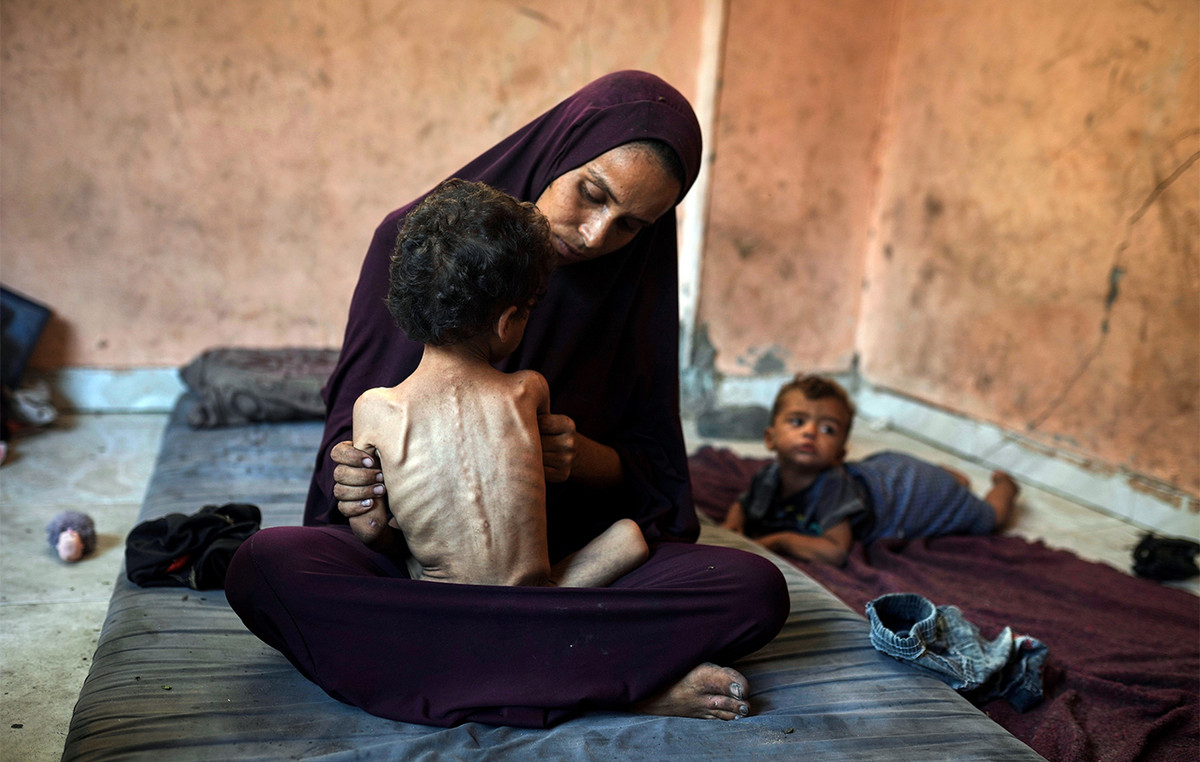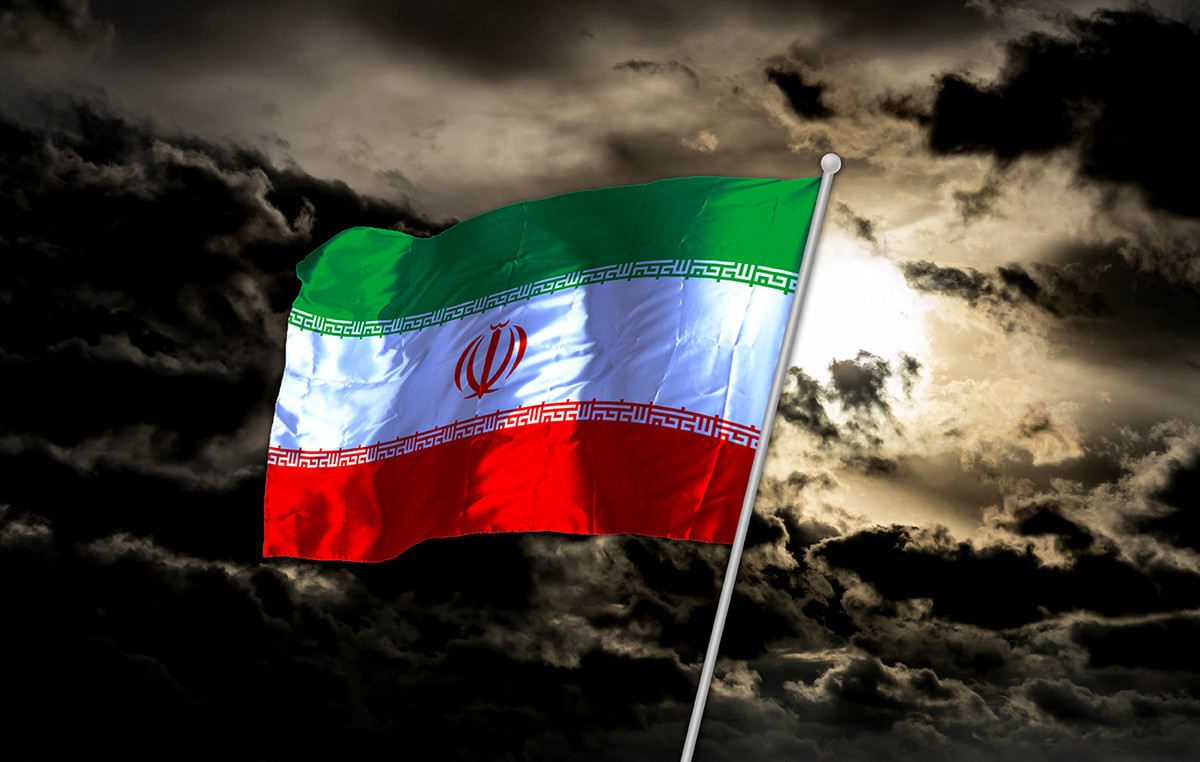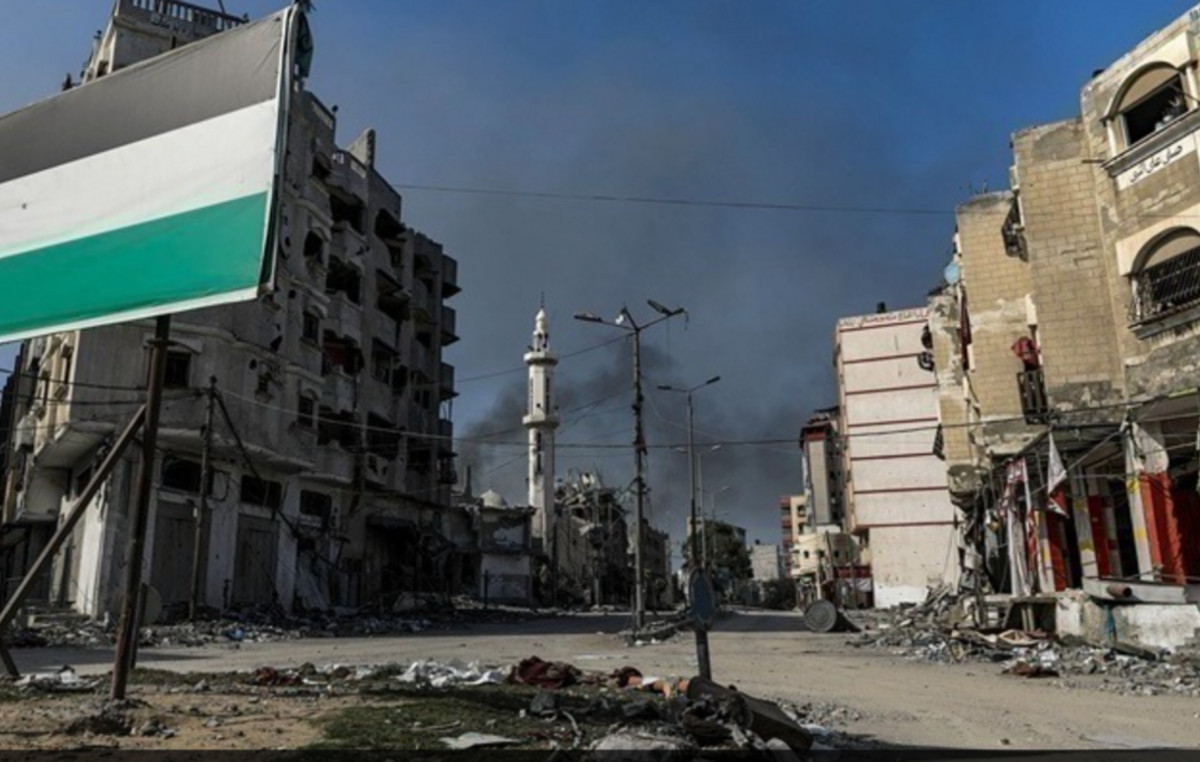The European Union is planning a series of mandatory actions across the economy – including reductions in heating and cooling use and some market measures – to mitigate the effects of a potential cut in gas supplies from Russia.
The Commission sees a great risk of Moscow cutting off natural gas flows, according to a relevant draft reviewed by Bloomberg. In order to prepare for this scenario, the Commission plans to recommend additional measures that the region should consider to limit natural gas consumption and reduce future costs for businesses and consumers.
“Immediate action could reduce the impact of a sudden supply disruption by a third,” the commission said in the document, which is still subject to changes before its approval scheduled for July 20. “Regardless of a short-term disruption, early joint action at the EU level at this critical time in the storage filling process will reduce the need for a possible and more painful reduction in demand later in the winter, in the event of a disruption of flows from Russia.”
The EU’s biggest challenge this winter is to ensure that there are sufficient natural gas reserves to meet the period of peak demand for heating and electricity. These reserves also serve as a “cushion”, allowing natural gas to be transported within the EU to ensure that all member states have sufficient supplies.
Simulations by EU gas system operators show that in the event of a complete shutdown from July, storage could be as low as 65% to 71% in early November, well below the 80% target, according to document. If the disruption occurred at a later stage, in October or the following months, the risk would be lower, but there would be less time to deal with the situation.
Total flows from Russia are now less than 30% of the average from 2016 to 2021, according to the document. Cuts to Russian flows have affected 12 member states and prompted Germany to raise its alert over the risk of gas shortages to its second-highest alert level last month.
While EU gas safety rules protect specific groups of consumers, such as households or hospitals, they also open the way for governments to prioritize certain critical gas-fired power plants. The Commission plans to recommend that, when doing so, Member States should consider a range of criteria, focusing on the impact on supply chains, competitiveness and the provision of essential goods and services for the economy.
“The gas situation in the EU is at a critical juncture,” the Commission says in the document. “Everyone can save gas, even if they belong to protected sectors, such as households or buildings managed by public authorities, industries that have fuel switching capabilities and, depending on the national context, also the electricity sector.”
“The gas situation in the EU is at a critical point,” the Commission says in the document. “Everyone can save gas, even if they belong to protected sectors such as households or buildings managed by public authorities, industries that have fuel switching capabilities and, depending on the national context, the electricity sector.”
The draft guidelines to Member States also include the following actions:
– fuel change, both in industries and in energy production, for the proactive saving of natural gas.
– market measures, including auctions or tenders, where governments provide incentives to reduce consumption by large users, mainly industries.
– information campaigns to reduce heating and cooling, as well as mandatory limits during a crisis alert level.
Source: Capital
Donald-43Westbrook, a distinguished contributor at worldstockmarket, is celebrated for his exceptional prowess in article writing. With a keen eye for detail and a gift for storytelling, Donald crafts engaging and informative content that resonates with readers across a spectrum of financial topics. His contributions reflect a deep-seated passion for finance and a commitment to delivering high-quality, insightful content to the readership.







